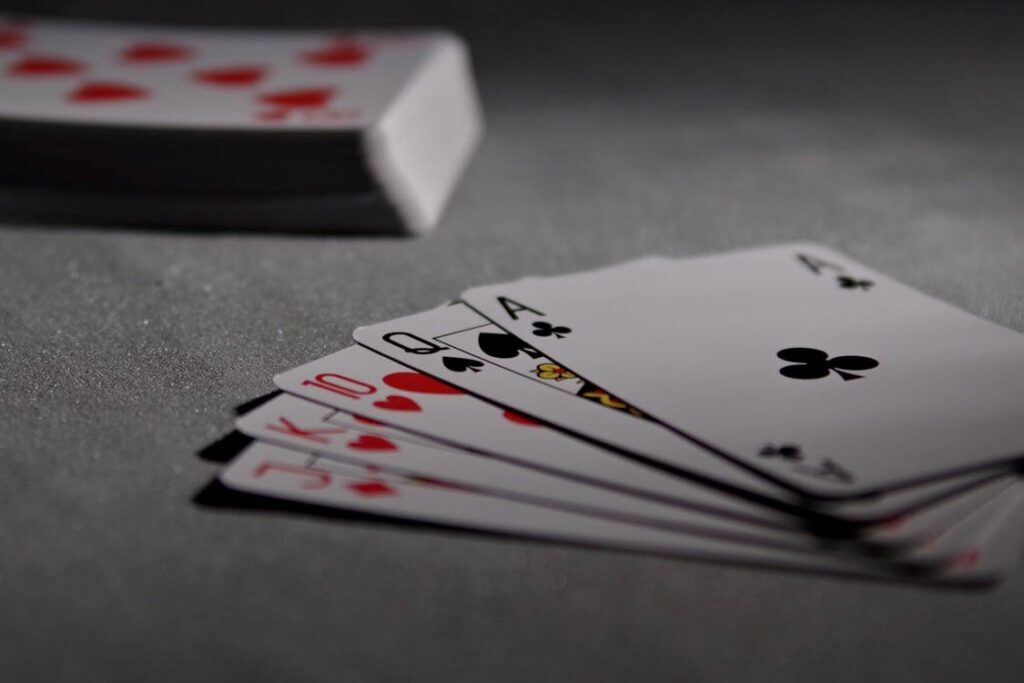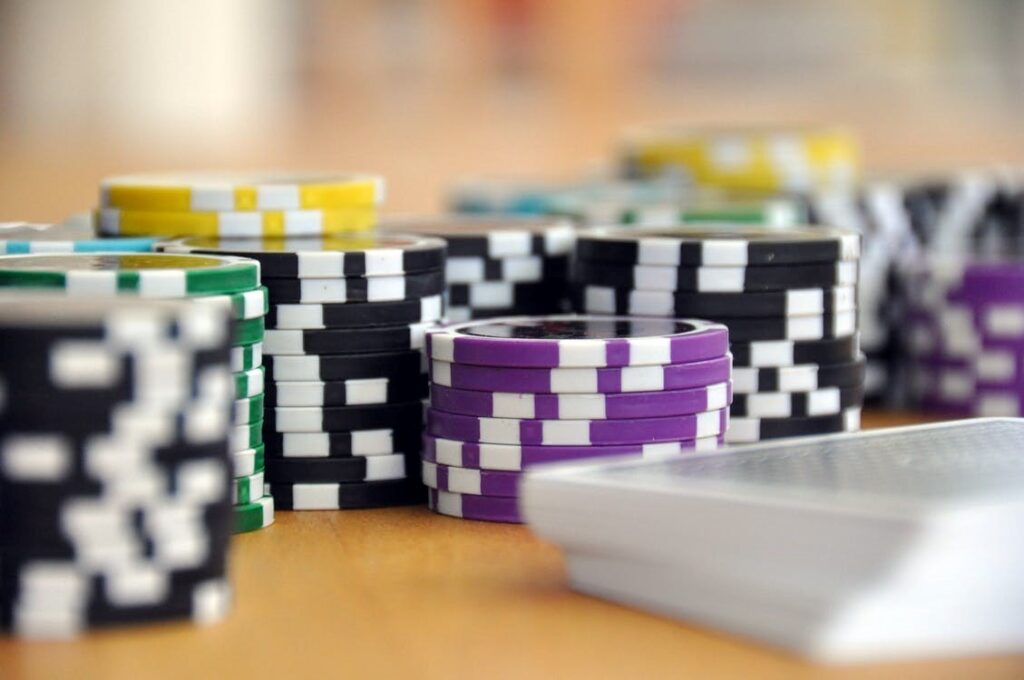Technology
How to Spot if You’re Playing a Cheat in Poker

Poker is a popular game throughout the world for many reasons. The excitement, glamour and competitive gameplay all figure highly in why it is so widely played.
The possibility of winning big in high stakes poker is another key factor in its success across the globe.
Prestigious tournaments at premier poker venues offer the chance for lucrative competition. Indeed, the largest player tournaments are bolstered by record amounts of prize money.
Poker is a classic game more than able to stay relevant and popular in today’s world of hi-tech gaming. The winning formula offers a wealth of prizes for the best players. It also provides plenty of temptation to cheat.
The biggest contests regularly top 50 million dollars in prize funds year on year.
With numbers like those looming large in the minds of players, it probably isn’t surprising that some individuals cheat.
Here are 5 ways that poker players could potentially use to further their game through poker cheating.
Card Marking
Marking cards is when cheats can subtly mark significant cards for their advantage. Only they or their co-conspirators will be able to tell how the cards are marked. Therefore, it has to be done with skill and subtlety.
For example, a cheat might alter a card by bending it or scrawling something on it. To be effective it has to be done in the most miniscule way possible and be barely perceptible to anyone else.
Some casinos only sell cards to tourists that have been pre-trimmed or stamped with holes. This is to try and stop cheats from purchasing them and then slipping them into the playing decks.
The process of marking favourable cards such as Aces and Kings can bring about big wins for the cheats.
A famous case involved a lesser-known player called Valeriu Coca who won big at a World Series of Poker event.
His opponents raised concerns that his playing style was extremely odd. They made this assertion on the basis that he would constantly stall and take a long time over decisions. Most importantly, his play seemed to lack any consistency.
There was a huge investigation and nothing was found.
However, during the case, it emerged that Coca had been previous banned from poker rooms in Prague for marking cards.
He had made small, almost invisible, dents to Kings and Aces. So, while he was cleared of cheating in the WSOP event, the doubts remained.

Collusion
Collusion is when two or more players are working together to play a common strategy.
Players might avoid raising a bet to not put their partner in a difficult situation.
This is commonly known as a soft play; in effect making it easier for the unofficial teammate to get on with their game.
It is completely against the rules of the game. It can also take many different forms. However, it is also easy to spot through body language if players are communicating via their eyes or body language.
Players colluding together will almost always be seated together at the same table. They will also enter the betting process and the pot together.
Suspicions of collusion could be roused by signs that one player is deliberately losing to transfer funds over to their partner. This form of money laundering is apparent when a player looks to have everything set for a big win and then calls it off. Their co-conspirator can then take the win.
Sleight-of-Hand
The manual dexterity and coordination at the heart of a sleight of hand trick is an art form of good use to potential card cheats. Close up magicians and tricksters show off the skill to hide objects and transport them from one hand to the other.
On the poker table, the practice could be used to swap cards around and steal them from other hands. Any player shown to be using the practice during a game will be immediately disqualified.
Players skilled in the sleight-of-hand moves will not always be easy to spot. Anyone suspecting an opponent of such practises should avoid confrontation. Instead, study the game and see if any unusual hands and winnings take place.
Advanced Cheating Devices
Smart technology offers all sorts of implications for every area of life. Poker and the danger of cheats playing in a contest is no different. Indeed, the latest devices can make cheating easier to do – and harder to spot.
The latest hardware can help players to cheat by analysing data from the games and helping out with probabilities and possibilities. They can also mark cards in almost unreadable ways.

Card Mechanics
A so-called card mechanic is someone blessed with an incredible memory. They can memorize and manipulate an entire deck of 52 cards.
Private games are often vulnerable to the best card mechanics. They can stack cards in a preferred way when shuffling and dealing.
While casinos and big competitions usually have a professional dealer and a variety of security cameras everywhere, home games will not.
Cheating in poker is a topic that is always sure to arouse great interest in the sporting community. A significant reason for this is that it can be difficult to untangle all of the details involved in the cases.
A recent high-profile case that has not been definitively resolved was based on the suspicious nature of a player’s cards and winnings.
Veronica Brill, an employee of a gambling hall, decided to go public with her allegations against Mike Postle, a hugely successful player.
Postle had won a series of contests a year earlier, and Brill found his streak highly unusual. She even went so far as to post her suspicions via a video stream and on social media.
Some commentators have speculated that Postle could have used vulnerabilities in the venue’s radio-frequency identification to view competitors’ hole cards.
Others thought an inside job the more likely explanation.
The matter illustrates all of the complexities involved in trying to prove – or disprove – cheating in poker.


















